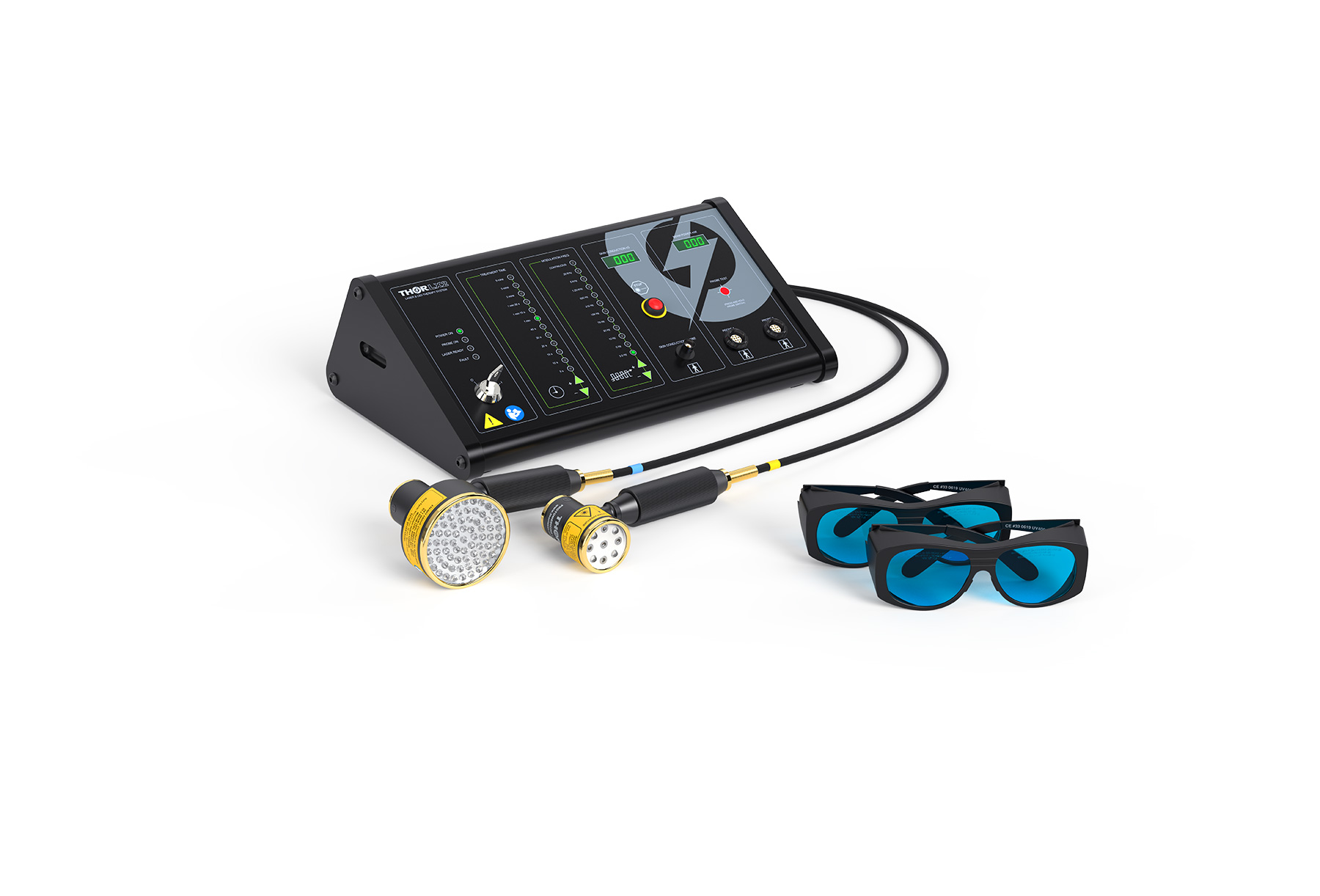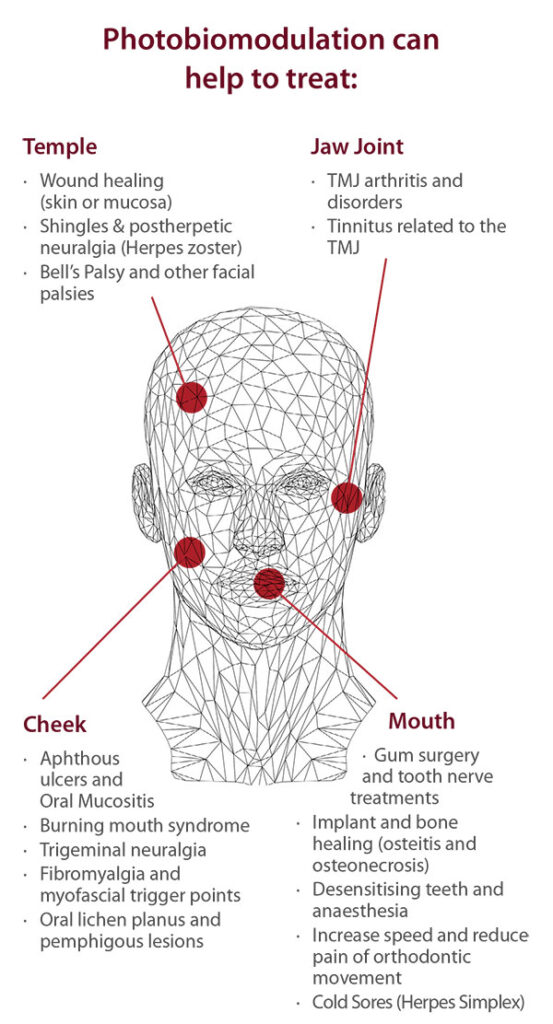The Buzz on Photobiomodulation
Table of ContentsPhotobiomodulation for DummiesThe Best Guide To PhotobiomodulationPhotobiomodulation - TruthsExcitement About Photobiomodulation
Laser therapy is a medical treatment that utilizes concentrated light to stimulate a procedure called. Throughout PBM, photons get in the cells and engage with the cytochrome c facility within mitochondria. This communication triggers an organic waterfall of occasions that leads to a rise in mobile metabolic process, which can as well as increase the recovery procedure.There is agreement that the application of a healing dose of light to impaired or dysfunctional tissue brings about a mobile reaction moderated by mitochondrial devices. Photobiomodulation. Research studies have actually revealed that these changes can affect pain and swelling, in addition to, tissue repair work
Modifications in ATP, responsive oxygen species and nitric oxide adhere to light absorption by Cc, O. These effects are redox state and dose dependent.

The 4-Minute Rule for Photobiomodulation
PBM devices have actually been gotten rid of for marketing by FDA with the Premarket Notification/510( k) procedure as adjunctive devices for the short-lived alleviation of pain. These clearances were based upon the discussion of medical data to support such claims (Photobiomodulation). In this therapy, a light source is put near or in call with the skin, permitting the light energy (photons) to pass through cells where it engages with chromophores located in cells resulting in photophysical and photochemical changes that cause modifications at the molecular, cellular and tissue levels of the body
Remarkably, recent research suggests that light can improve performance in typical cells and cells. The potential applications of PBMT are many and are being explored experimentally at the basic scientific research, pre-clinical and clinical level. The existing professional usages are for the relief of pain and inflammation and the therapy of sports injuries.

The treatment criteria and number of sessions required for PBMT are reliant upon area and cause. PBMT usually calls for even more than one treatment for ideal discomfort relief.
About Photobiomodulation
Therapy parameters for PBMT were initially developed using cells in vitro and in small my link pet versions. These treatment criteria generally had a low irradiance and fluence and functioned well for cutaneous applications. When medical professionals started to use PBMT to deal with frameworks that were located deeper in the body, they used these parameters with unfavorable outcomes.
We currently understand that these unfavorable research studies were due to inaccurate tool and treatment specifications for transcutaneous treatment of deeper structures. Current developments in laser treatment devices and more study right into the suitable dosages have significantly enhanced the outcomes of PBMT. For treating deep tissues, the wavelength of light utilized determines the depth of infiltration into a tissue.
As a result, it is necessary that a clinician uses the proper wavelength of light and criteria to deal with a problem. One wavelength and one collection of therapy criteria will certainly not work for all conditions. Negative negative effects have actually not been reported from the use of PBMT (Photobiomodulation). Updated June 27, 2016Juanita j
Light therapy is a non-invasive treatment that functions by enhancing the capability of the cell to create energy (ATP) to heal the location being dealt with. As an outcome, it can lower inflammation, swelling, and pain in the area. Research in this field is broadening, with more thorough research papers connected listed below for those who would love to learn a lot more.
Not known Details About Photobiomodulation
In her latest blog the very first experiment, Dr. Endre Mester, made use of shaved rats and observing just how the laser affected their capacity to grow hair compared to the team that was not receiving LLLT. He discovered that the team of computer mice getting LLLT were able to expand their hair back faster than the group of mice that really did not receive LLLT (Hoon C, et al; 2012).
This treatment is called in this manner to distinguish the difference in between the lasers some professions utilize to reduce (eg. in surgeries, or oral procedures). Low-level light treatment is painless, non-invasive treatment. It is made use of to decrease inflammation, swelling, and persistent joint problems, reduce pain and accelerate injury healing of nerves and cells (Hoon C, et alia; 2012).
LLLT has a biphasic reaction, meaning that reduced doses are normally seen to be much more advantageous than greater doses. That being said, dosages greater or less than the ideal dose doesn't impact (Hoon C, et al; 2012). Consequently, it can be challenging to have research studies on LLLT with so lots of specifications.
Some business combined the two (LED and laser) to supply a much more well-shaped therapy click this site given that lasers can pass through much deeper than LED and infrared light (Norman Doidge, The Brain's Way of Healing, 2015). During therapy, the location that is being treated is exposed to LED light from a Bio, Flex Laser, which goes to 660 nm wavelength, adhered to by infrared light at 830-840 nm wavelength.